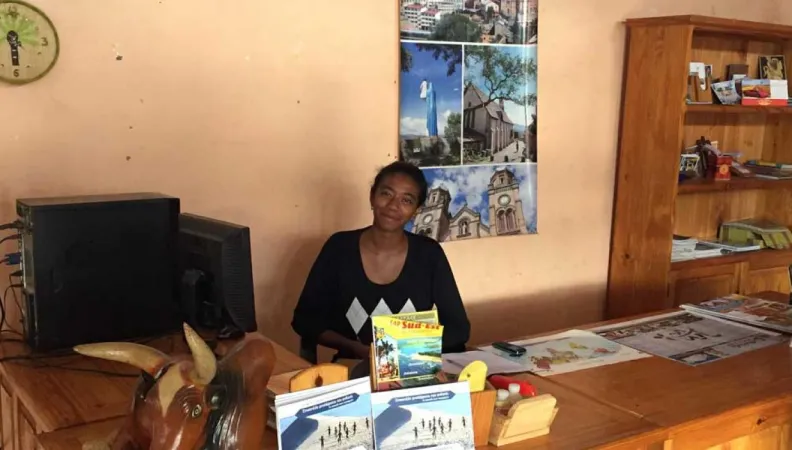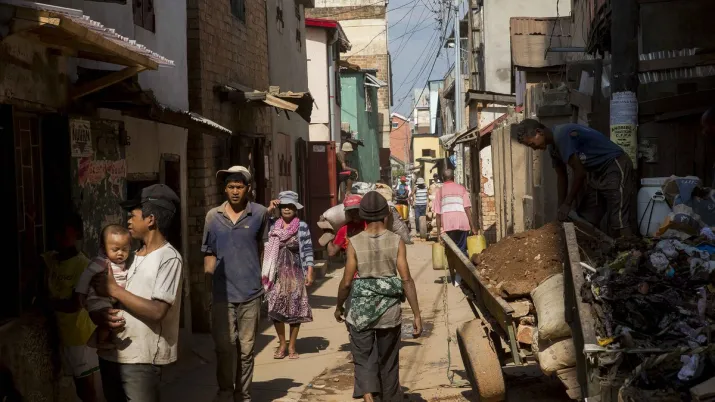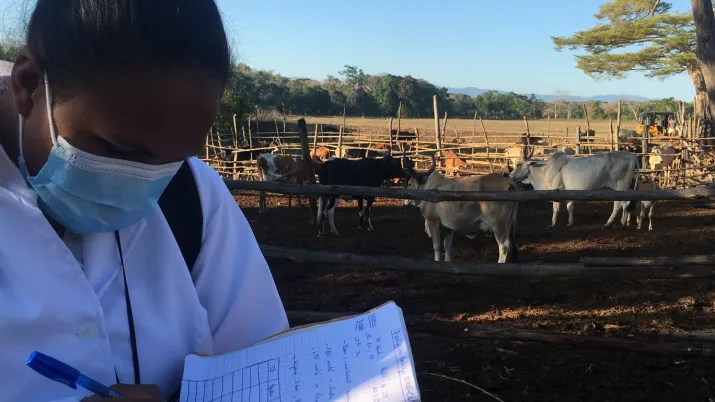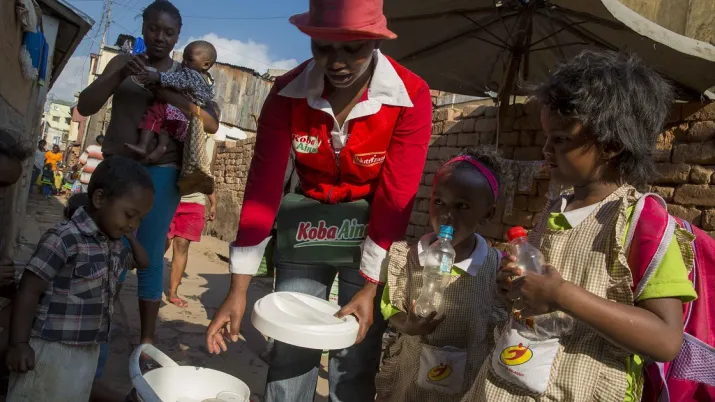Share the page
Madagascar: combating sex tourism
Published on

In Madagascar, thousands of young people are driven to engage in prostitution as a means of survival. The country remains vulnerable to child sex tourism, an issue that the Government of Madagascar and several NGOs are actively working to combat, with support from Agence Française de Développement (AFD).
The postcard-perfect landscapes of the "Great Red Island" can conceal a much harsher reality for its young people. Many face limited opportunities for the future. From an early age, they are often forced to work in mines, on vanilla plantations, or in the streets of major cities.
According to UNICEF, 23% of children aged between 5 and 17 are estimated to have an economic activity, often to the detriment of their schooling. Some of them have no other choice but to resort to prostitution. This practice might be prohibited by Malagasy law, but takes place overtly and is often exploited by ill-intentioned foreign tourists.
A French NGO against the sexual exploitation of children
However, the phenomenon is being taken seriously by the government of Madagascar, which has set up an entity specialized in the fight against sexual tourism and has launched a number of awareness-raising actions in partnership with industry professionals and NGOs.
Among them is the French NGO ECPAT, which launched a program in 2016 to combat the sexual exploitation of children in tourist areas. The initiative aims not only to prevent such abuse but ultimately to eradicate it, by providing training and support to government bodies, local authorities, child protection networks, tourism professionals, and survivors.
The project, called “Escale”, is tackling the trivialization of the prostitution of minors: The objective: to change mentalities among the population to make sure the practice is no longer tolerated, especially when it is related to tourism. In the context of this project, professionals are now encouraged to be vigilant and report any suspicious behavior in hotels.
And the project is paying off. Some 900 companies in the tourism sector have adopted a code of conduct developed by the ministry. It should soon be included in the control procedures of inspectors from the Service de lutte contre les fléaux touristiques (Department for Combating Tourist-related Offenses).
The right reflexes to adopt
The NGO also directly targets tourists. With the Malagasy Ministry of Tourism, it has published the Guide for Responsible Travelers in French. This guide is financed by Agence Française de Développement (AFD) and Air France and has been distributed in a number of tourist areas, including in Antananarivo as well as in the coastal and tourist regions of Tuléar, Diego, Mahajanga and Nosy Be.
This publication is not only aimed at tourists who may pose a risk to children. It provides 12 key actions that anyone can take when faced with suspicious situations or interactions involving children. Raising awareness is an essential step toward ensuring that both tourists and local residents no longer turn a blind eye to a reality that is far from idyllic.
Further reading
Madagascar: young people mobilized to improve living conditions in Antananarivo
Published on January 23, 2026



